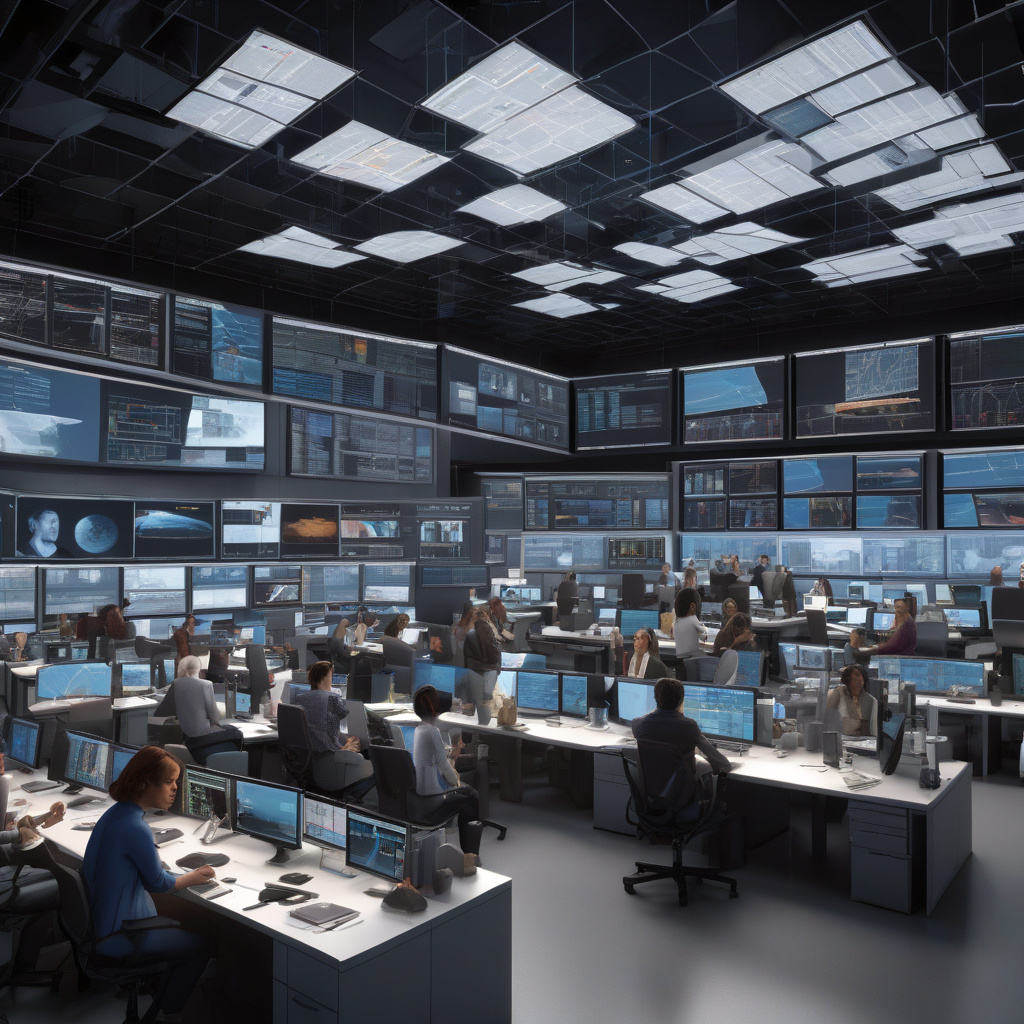AI Is Breaking The Economics Of Content
The recent decline in Wikipedia’s search visibility serves as a stark reminder of the evolving landscape of content creation and consumption. As AI technologies continue to advance and user behaviors shift, the traditional economics of content are being fundamentally disrupted.
In the past, search engines like Google relied heavily on platforms like Wikipedia to provide authoritative and comprehensive information on a wide range of topics. However, as AI algorithms become more sophisticated and capable of generating their own content, the value proposition of platforms like Wikipedia is being called into question.
One of the key drivers of this shift is the increasing ability of AI to understand and interpret user queries in a more nuanced way. Instead of relying solely on keyword matching, modern AI systems can analyze the context and intent behind a search query, allowing them to generate more relevant and accurate results.
This has significant implications for content creators and marketers. In the past, the goal was often to create content that would rank highly in search engine results pages (SERPs) by using targeted keywords and phrases. However, as AI becomes better at understanding natural language and user intent, the focus is shifting towards creating high-quality, engaging content that genuinely meets the needs of users.
For example, a blog post that simply repeats the same keyword multiple times may have performed well in the past, but it is unlikely to satisfy users or rank highly in today’s AI-driven search environment. Instead, content creators need to focus on creating in-depth, informative articles that provide real value to readers.
In addition to changes in content creation, AI is also reshaping the way that content is consumed. Voice search, for example, is becoming increasingly popular, with more and more users turning to virtual assistants like Siri and Alexa to find information. This trend requires content creators to optimize their material for spoken queries, which are often longer and more conversational than traditional text-based searches.
Furthermore, AI-powered content recommendation systems are becoming more prevalent on platforms like social media and e-commerce websites. These systems use machine learning algorithms to analyze user behavior and preferences, delivering personalized content recommendations that are tailored to individual users.
For content creators and marketers, this presents both a challenge and an opportunity. On the one hand, AI-powered recommendation systems can help to increase the visibility and reach of content by surfacing it to relevant audiences. On the other hand, it also means that the competition for user attention is fiercer than ever, requiring creators to produce high-quality, engaging content that stands out from the crowd.
In conclusion, the rise of AI is fundamentally changing the economics of content creation and consumption. As algorithms become more sophisticated and user behaviors continue to evolve, content creators and marketers must adapt their strategies to meet the changing needs and expectations of their audience. By focusing on creating high-quality, engaging content that provides real value to users, they can continue to succeed in an increasingly AI-driven digital landscape.
#AI, #ContentEconomics, #DigitalMarketing, #UserBehavior, #AIinContentCreation
